How Does Ppc Marketing Work For Beginners?
Looking to understand how PPC marketing works? You’ve come to the right place! In this beginner’s guide, we’ll dive into the exciting world of PPC and show you the ropes. So, buckle up and get ready to discover the power of pay-per-click advertising!
Imagine being able to reach your target audience instantly and only pay when they click on your ads. That’s exactly what PPC marketing offers! It’s like having a supercharged ad campaign that drives traffic, boosts sales, and helps you achieve your business goals. And the best part? It’s suitable for beginners who are just starting their online marketing journey.
In this guide, we’ll demystify PPC marketing and break it down into simple terms that anyone can understand. We’ll explain how keywords, bidding, and ad placements work, providing you with the knowledge you need to launch successful PPC campaigns. So, let’s jump right in and explore the amazing world of PPC marketing for beginners!
1. Determine your advertising goals.
2. Choose the right PPC platform.
3. Conduct keyword research to identify relevant keywords for your ads.
4. Set up your campaign by creating ad groups and writing compelling ad copy.
5. Set a budget and bid strategy.
6. Monitor and optimize your campaign frequently for maximum results.
7. Track, measure, and analyze the performance of your PPC ads to make data-driven decisions. Remember to continuously refine your strategy for better outcomes.
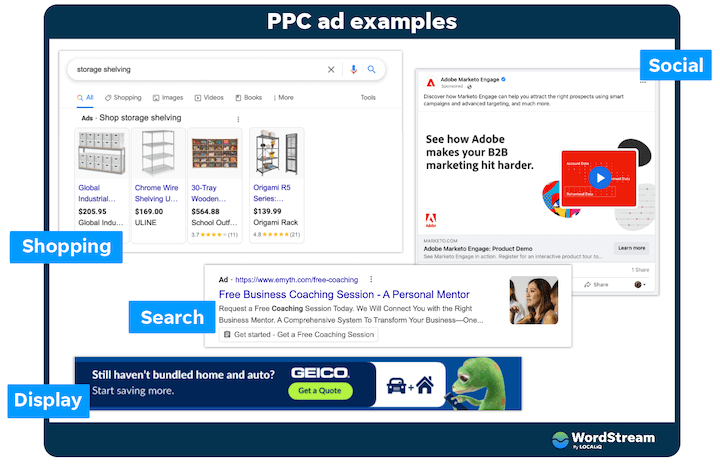
How Does PPC Marketing Work for Beginners?
Whether you are a small business owner or a budding entrepreneur looking to promote your brand online, understanding PPC marketing is essential. PPC, or pay-per-click, is a digital advertising model where advertisers pay a fee each time someone clicks on their ads. It’s a highly effective method for driving traffic to your website and generating leads. In this article, we will delve into the world of PPC marketing, exploring its benefits, strategies, and best practices for beginners.
1) Understanding the Basics of PPC Marketing
PPC marketing works on the premise of bidding on relevant keywords and placing ads in search engine results pages (SERPs) or on various websites. The process is fairly straightforward: you first create an ad campaign, conduct keyword research, set a budget, and determine your target audience. Next, you bid on keywords that are relevant to your business, specifying the maximum amount you are willing to pay per click. When someone searches for those keywords, your ad may appear alongside the organic search results. You are only charged when someone clicks on your ad, hence the term “pay-per-click.”
One of the key advantages of PPC marketing is its ability to deliver immediate results. Unlike other forms of digital marketing, such as search engine optimization (SEO), which can take months to generate traffic, PPC campaigns can start driving traffic to your website as soon as the ads go live. Moreover, PPC platforms like Google Ads and Facebook Ads provide robust targeting options, allowing you to reach your desired audience based on factors such as location, demographics, and interests.
2) The Benefits of PPC Marketing
PPC marketing offers a wide range of benefits for beginners and established businesses alike. First and foremost, it provides instant visibility. By bidding on relevant keywords, your ads can appear at the top of search results, increasing the chances of users clicking on them and visiting your website. This increased visibility can significantly boost brand awareness and exposure.
Furthermore, PPC marketing allows for precise targeting. With platforms like Google Ads, you can choose the geographical locations where your ads will be displayed, ensuring that you reach potential customers in specific regions. Additionally, you can set parameters based on demographics, interests, and even the time of day your ads are shown. This level of control ensures that your marketing efforts are focused on reaching the right audience, maximizing your return on investment (ROI).
Another advantage of PPC marketing is its scalability. You have the flexibility to set daily or monthly budgets that align with your business goals. This means that as your business grows, you can allocate more funds to your PPC campaigns and expand your reach. Conversely, if you need to adjust your budget due to seasonal fluctuations or other factors, you can easily do so without long-term commitments or contracts.
3) Creating a Successful PPC Campaign
To create a successful PPC campaign, beginners should follow a few key steps. First, conduct thorough keyword research to identify relevant keywords that align with your business. Think about what your potential customers would search for when looking for your products or services and build your keyword list accordingly. Tools like Google’s Keyword Planner can help you discover new keywords and estimate their search volume.
Next, create compelling ad copy that entices users to click on your ads. Highlight the unique selling points of your business, incorporate strong calls-to-action, and ensure that your ads align with the keywords you are targeting. Remember, relevance is key to increasing the chances of users clicking on your ads.
Additionally, it’s crucial to constantly monitor and analyze your PPC campaigns. Keep a close eye on key metrics like click-through rate (CTR), conversion rate, and cost per conversion. Identify underperforming keywords or ads and make data-driven optimizations to improve their performance. Regularly testing different ad variations, landing pages, and targeting options is essential for achieving the best results.
In conclusion, PPC marketing can be a powerful tool for beginners looking to promote their businesses online. By understanding the basics, leveraging the benefits, and implementing best practices, you can create successful PPC campaigns that drive traffic, generate leads, and increase your business’s visibility. Stay informed, stay strategic, and embrace the possibilities that PPC marketing offers for your business’s growth.
Key Takeaways: How Does PPC Marketing Work for Beginners?
- PPC stands for pay-per-click, which is an online advertising model where advertisers pay a fee each time their ad is clicked.
- Advertisers bid for ad placement in a search engine’s sponsored links when someone searches for keywords related to their products or services.
- PPC campaigns can be set up on platforms like Google Ads, Bing Ads, and social media platforms like Facebook, Instagram, and Twitter.
- Effective PPC campaigns require conducting keyword research, setting a budget, creating compelling ad copy, and monitoring campaign performance regularly.
- PPC marketing can be a cost-effective way for beginners to reach their target audience, generate leads, and drive traffic to their website.
Frequently Asked Questions
Are you new to PPC marketing? Don’t worry! We’ve got you covered. Here are some commonly asked questions about how PPC marketing works for beginners:
1. How can PPC advertising benefit my business?
PPC advertising can benefit your business in several ways. First and foremost, it provides immediate visibility for your brand or products on search engines and other platforms. By targeting specific keywords or demographics, PPC ensures your ads reach the right audience at the right time.
Additionally, PPC allows you to control your advertising budget effectively. You only pay when someone clicks on your ad, which means you can set a daily or monthly budget that suits your financial needs. With detailed analytics and tracking, you can also measure the success of your campaigns and make data-driven adjustments to improve performance.
2. How does PPC bidding work?
PPC bidding is the process by which advertisers compete for ad placement on search engine results pages or other platforms. When you create a PPC campaign, you set a maximum bid amount that you are willing to pay for each click on your ad. However, the actual amount you pay can be less than your maximum bid.
Search engines and ad platforms use a combination of factors, including bid amount, ad relevance, and quality score, to determine the placement of ads. This means that even if your bid is lower than a competitor’s, your ad could still appear in a higher position if it is deemed more relevant and of higher quality.
3. What is a quality score in PPC advertising?
A quality score is a metric used by search engines to assess the relevance and quality of your ads and landing pages. It is calculated based on factors such as ad click-through rate, ad relevance, landing page experience, and the overall performance of your account.
A higher quality score can lead to lower costs and better ad positions. It indicates that your ads are highly relevant to the search queries they are targeting, which improves the user experience. To improve your quality score, focus on creating targeted and compelling ads, optimizing landing pages, and ensuring a seamless user experience.
4. How do keywords play a role in PPC marketing?
Keywords are at the core of PPC marketing. They determine when and where your ads will appear. It’s essential to research and choose relevant keywords that align with your business goals and target audience. By targeting the right keywords, you can attract users who are actively searching for products or services like yours.
When setting up a PPC campaign, you’ll select keywords and create ad groups based on those keywords. For each keyword, you’ll specify a bid amount and create ad copy that is tailored to the search intent behind that keyword. This ensures that your ads are highly relevant and increases the likelihood of clicks and conversions.
5. How can I optimize my PPC campaigns for better results?
Optimizing your PPC campaigns is crucial for achieving better results. Regularly monitor and analyze your campaign performance to identify areas for improvement. Adjust your keyword targeting, ad copy, and landing page experience based on the data you gather.
Testing is also key to optimization. Experiment with different ad variations, landing pages, and targeting strategies to see what works best for your audience. Don’t be afraid to make changes and iterate based on the insights you gain. Continuous optimization is the key to maximizing the effectiveness of your PPC campaigns.
Pay-Per-Click-Advertising Explained For Beginners
Summary
Pay-per-click (PPC) marketing is when you pay for ads to appear when people search for specific keywords. It’s like a shortcut to get your website at the top of search results. You only pay when someone actually clicks your ad, so it can be a cost-effective way to drive traffic to your site.
With PPC marketing, you need to start by choosing the right keywords related to your business. Then you create ads that will catch people’s attention and make them want to click. Once someone clicks your ad, they are directed to your website where you can try to convert them into customers. It’s important to constantly monitor and optimize your PPC campaigns to get the best results. PPC marketing can be a powerful tool for beginners and experienced marketers alike, helping you reach more people and grow your business.

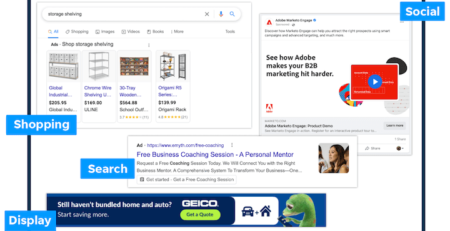
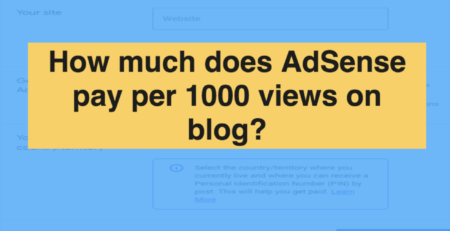
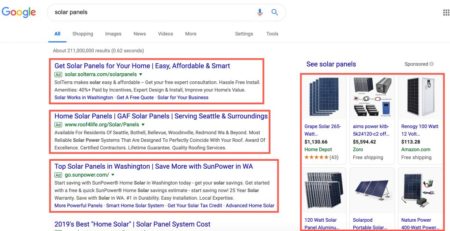
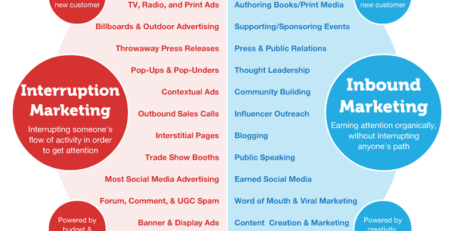
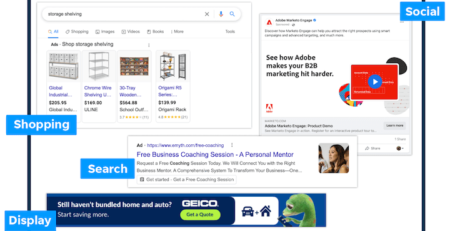
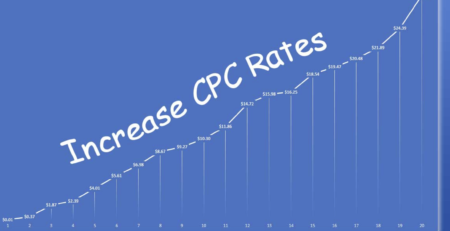
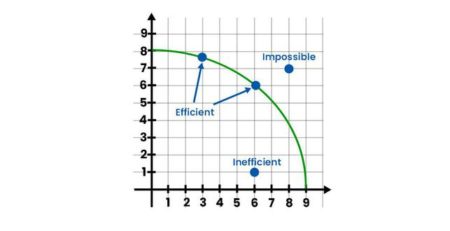


Leave a Reply